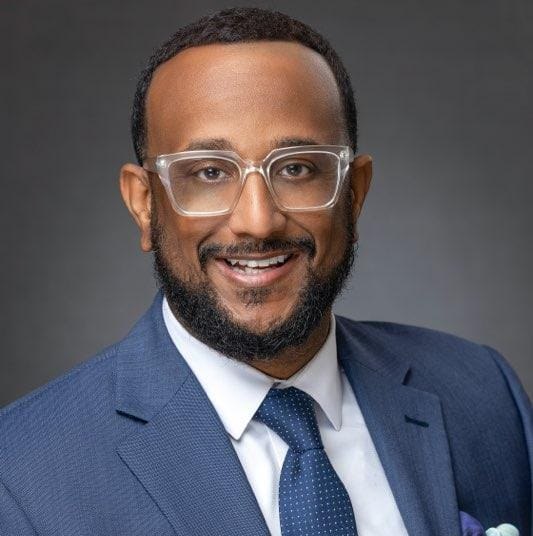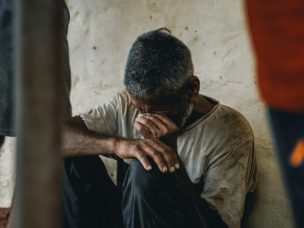
My name is Dr. Roger A Mitchell Jr. I’m a forensic pathologist. I’ve been practicing for nearly 20 years. I’ve been inspired because I found that there was a disparity in violence within the communities that I served. I was a forensic pathologist for the FBI got exposed to forensic medicine while I was in the FBI and decided to go to medical school to study violence as a public health issue. As a forensic pathologist, the disparities that we face are really all the disparities that you see in health care, quite frankly, on my table, I see failed policy. So whether it is hypertensive and atherosclerotic cardiovascular disease, or suicide, or homicide, or, or issues of cancer, I’m going to see it as a forensic pathologist. But one of the major areas that I believe are disparate is violence, homicidal violence, in particular, and suicidal gun violence as well. Gun violence prevention is something that has been on the back burner in this country for decades, quite frankly, over the last 30 years, we’ve not been studying violence as a public health issue. Just recently, we’ve been starting to discuss violence as a public health issue. And we’ve started receiving funding from NIH and CDC in regards to violence and gun violence. And so in order to understand the disparity surrounding gun violence, we need to study it, in addition to gun violence, there’s disparities surrounding death in custody. And when we talk about death in custody, we talk about those that die during the arrest phase during the pre arrest phase, and during incarceration. And right now, in this country, we actually don’t have any data surrounding how individuals are dying secondary to the criminal legal system. And so we believe that because African American men in particular, are more policed and find themselves incarcerated at a higher rate, we believe that the deaths associated with that interaction are higher, but we don’t know that for sure.








